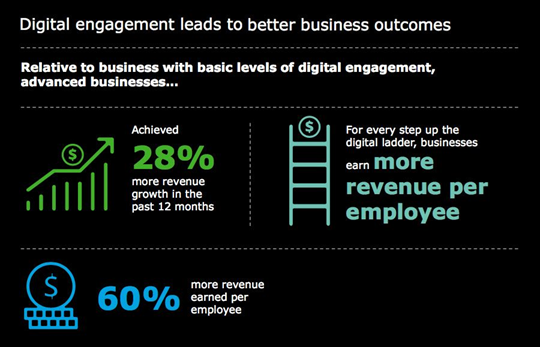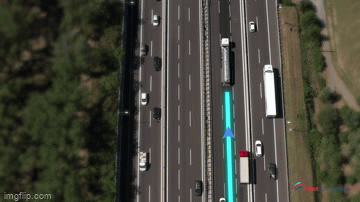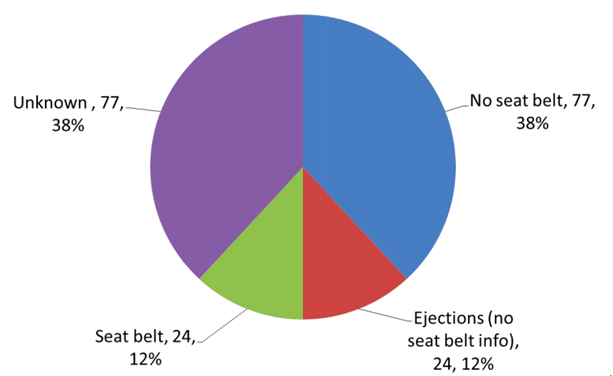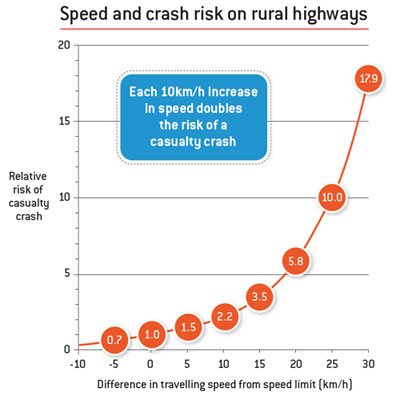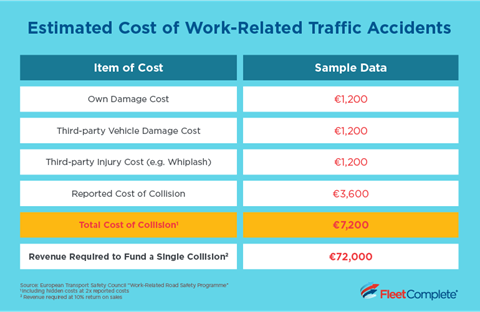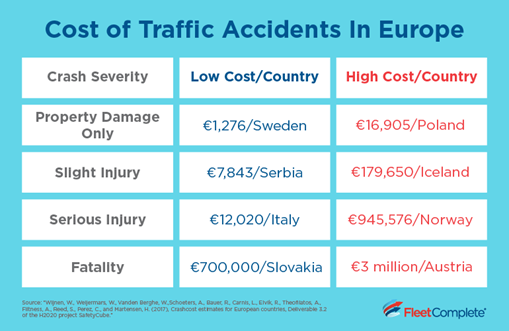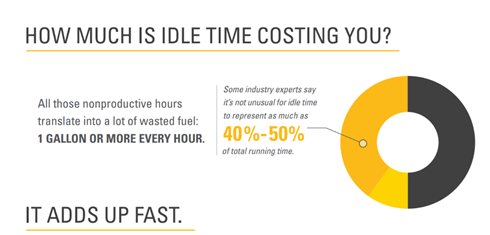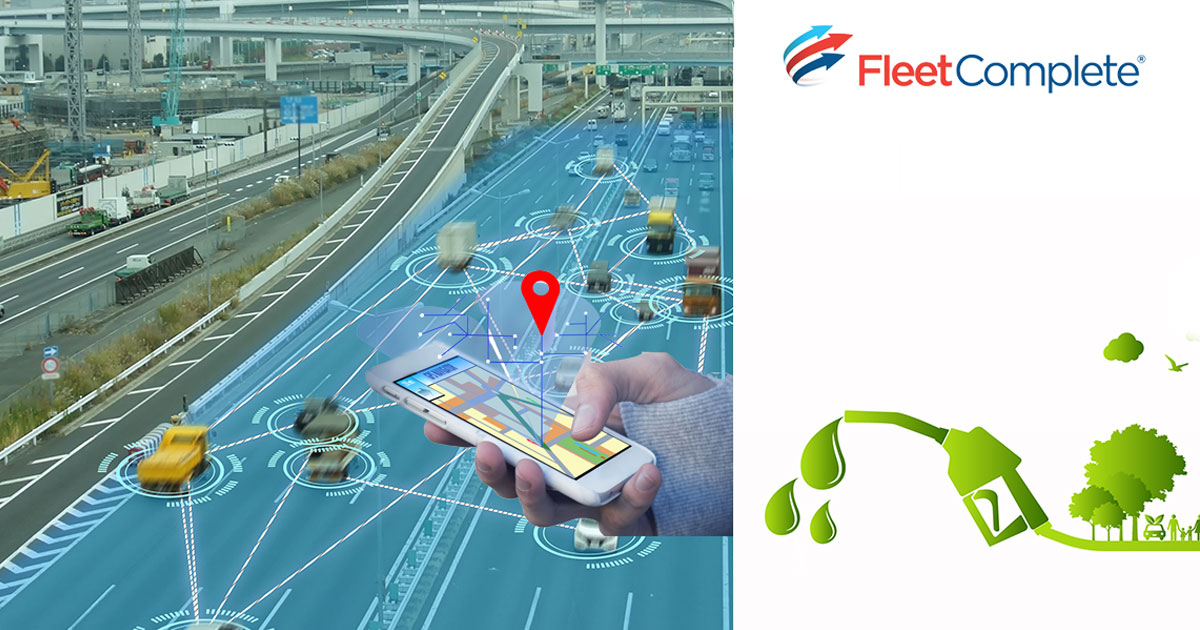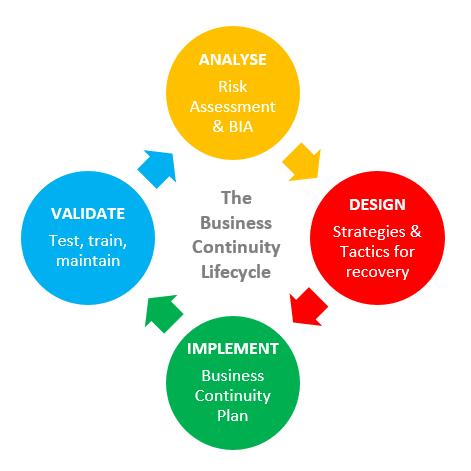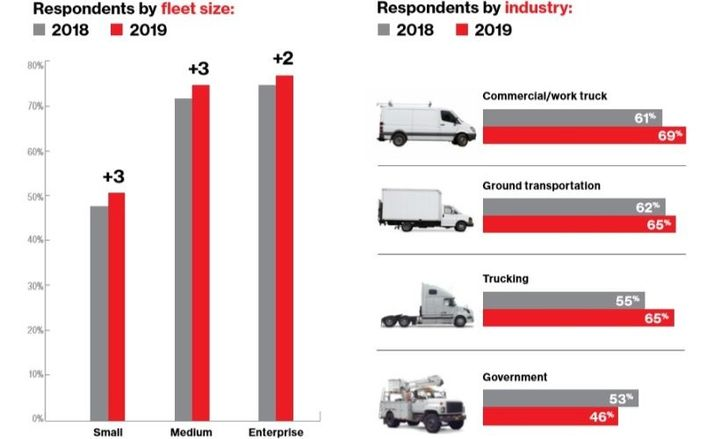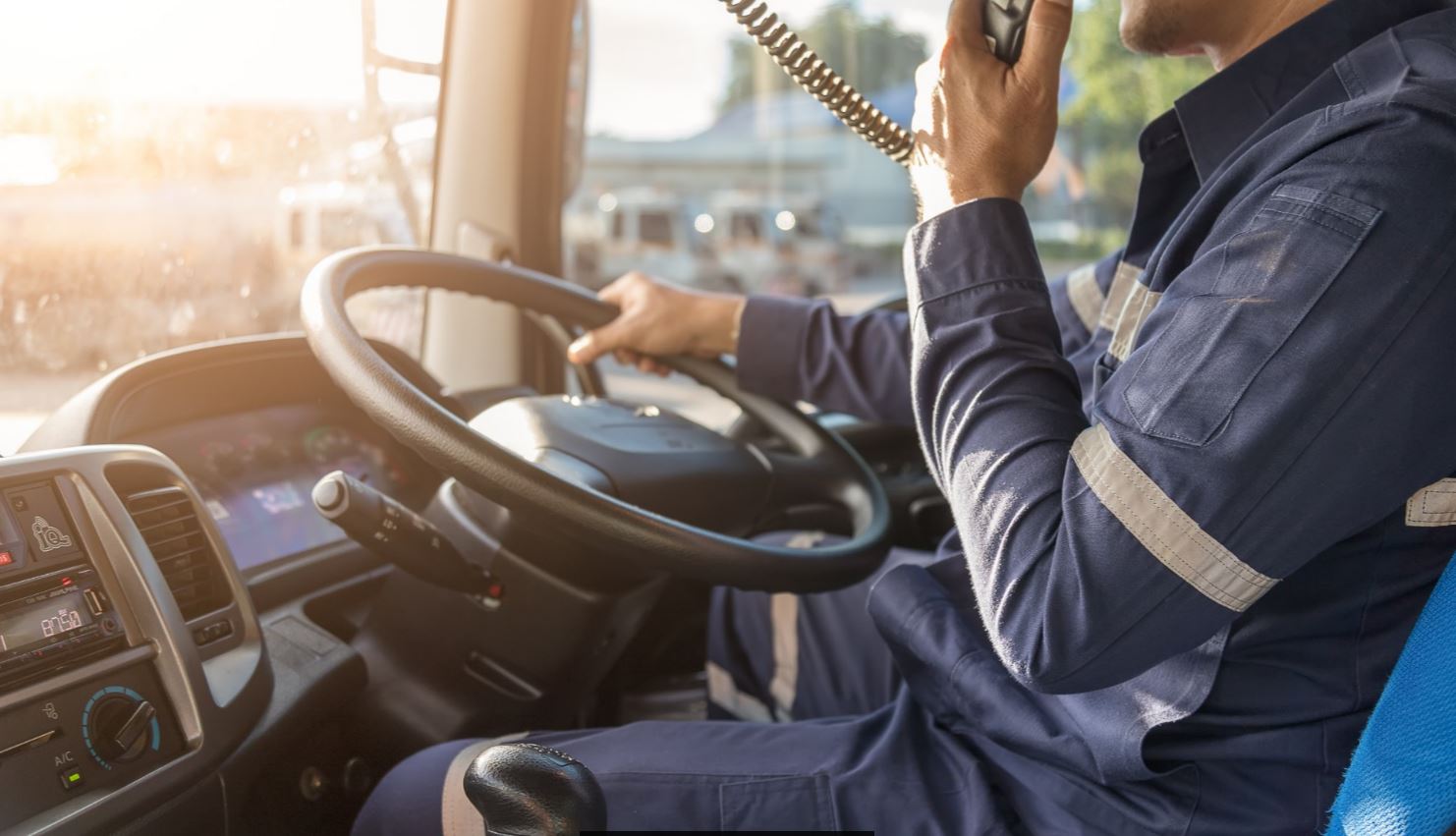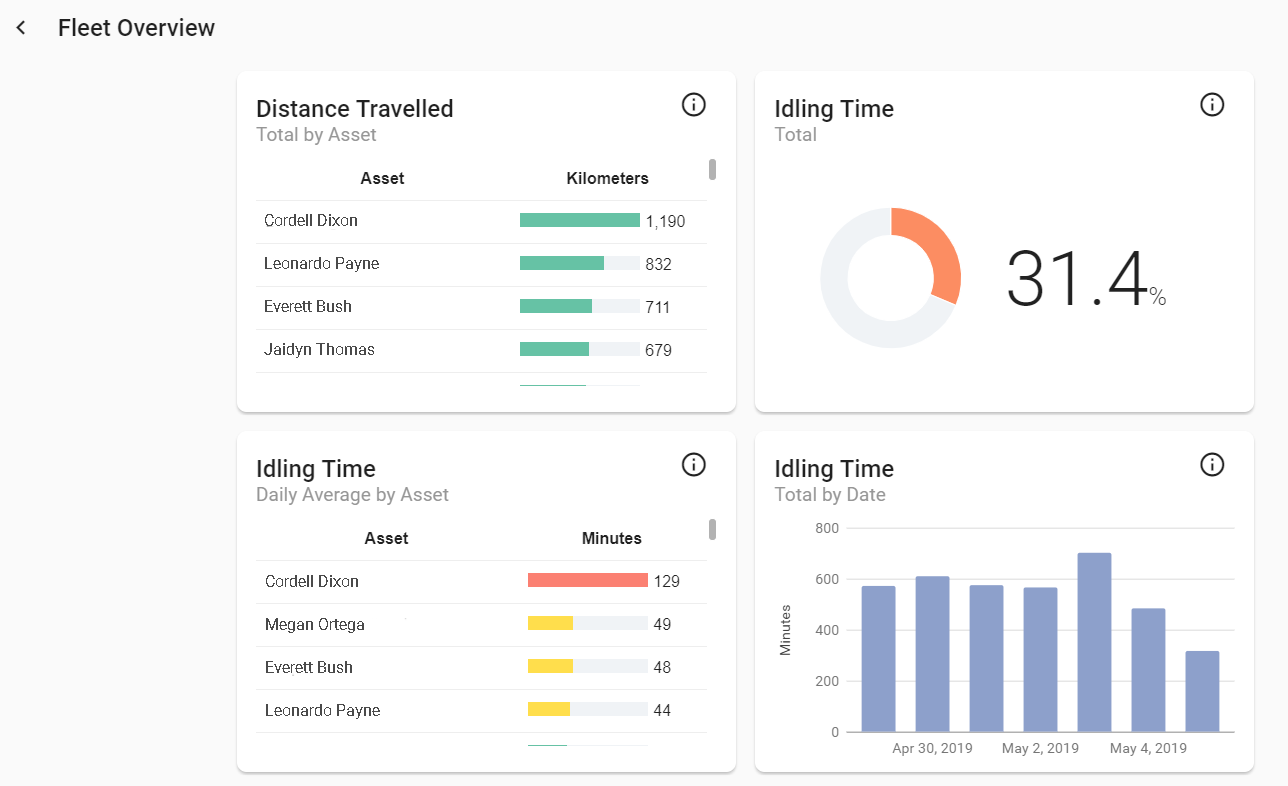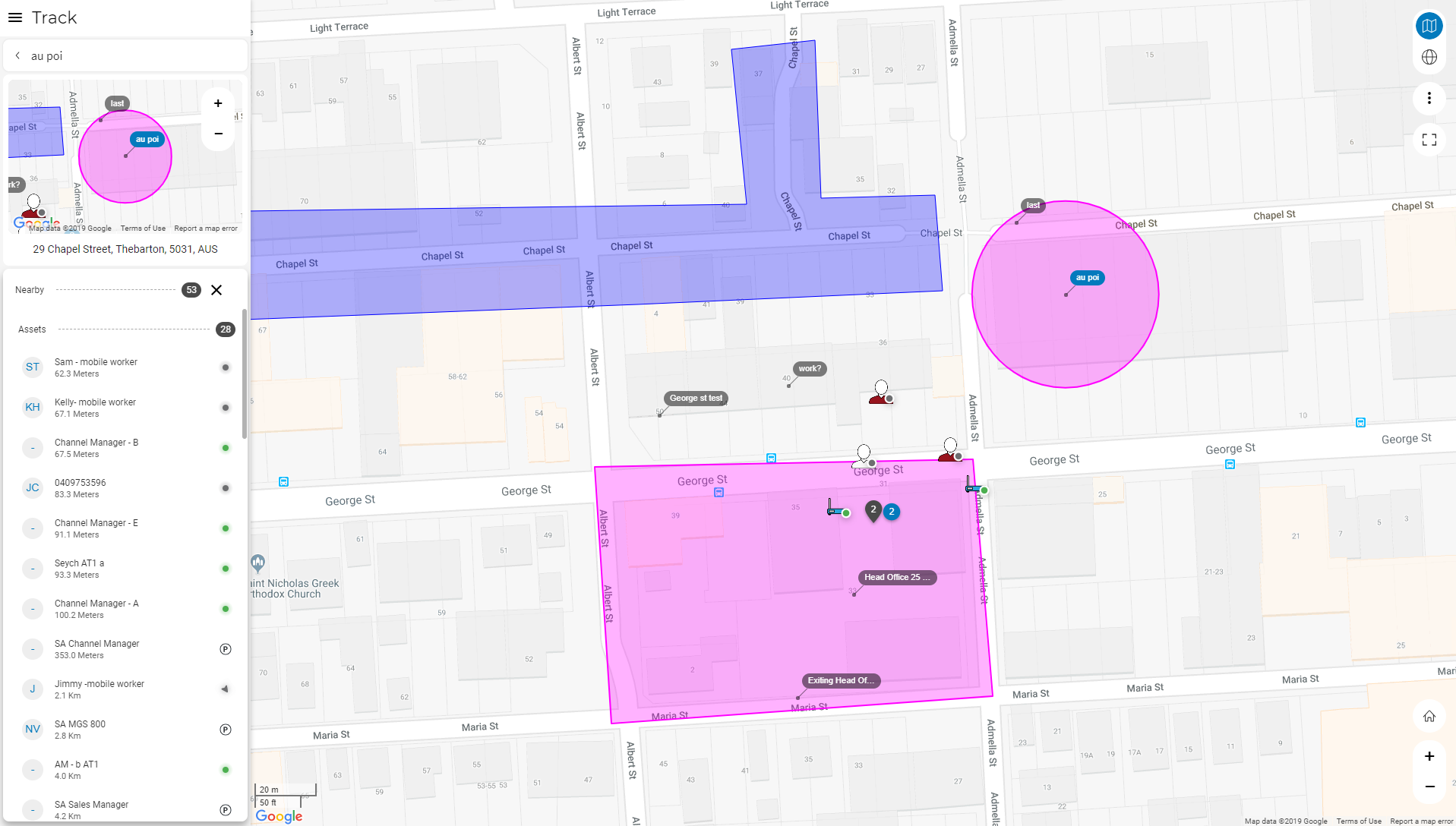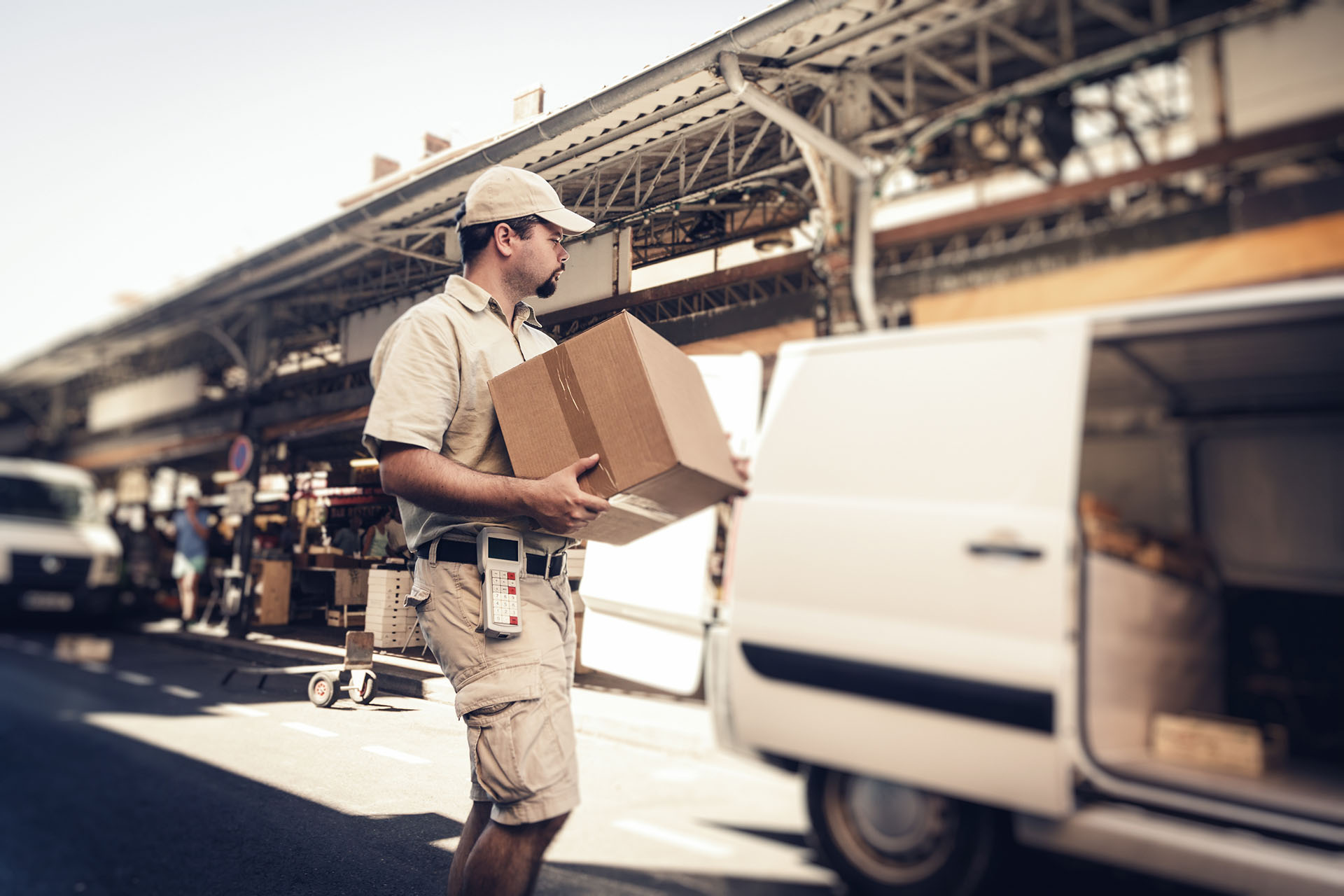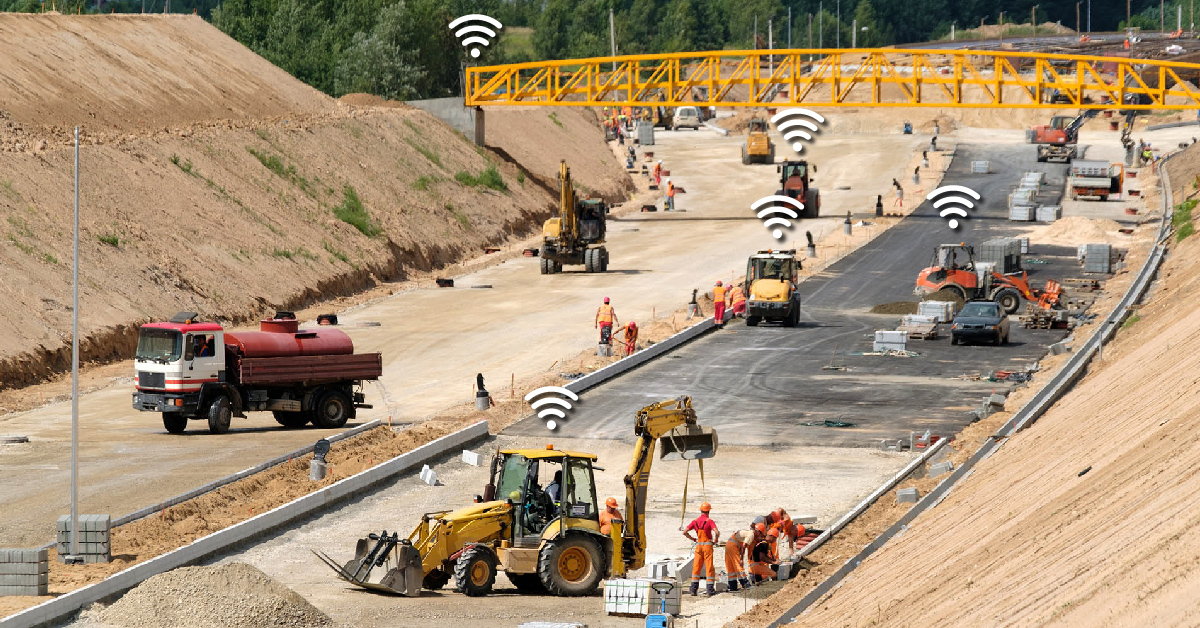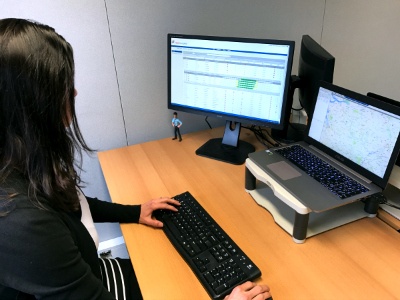As a fleet manager, you know that commercial vehicles and their freight are valuable—but so do thieves, who are becoming ever-more creative in their attempts to steal them.
In as many as 10% of cargo theft cases worldwide, thieves stole the entire vehicle. Criminals primarily targeted fleets carrying easily resold items like alcohol, food, and consumer products—but no sector has escaped unscathed. In fact, according to a recent report by TTClub, freight that was designated ‘other’ was most likely to be targeted, accounting for 39% of thefts in 2018 globally.
According to the same report, the average value of stolen cargo ranged from just under $19,000 in Asia to around $60,000 in both Europe and North America, to a high of $77,000 in South America. That’s not to mention the additional indirect costs associated with an attack, including replacements for broken parts and loss of customer trust.
Regardless, the financial toll is high, which is why it’s crucial fleet owners take extra steps to protect their vehicles. Here are 3 ways GPS technology can help you with asset tracking and vehicle recovery

- Help Recover Stolen Cargo and Vehicles
With GPS Tracking, you can locate exactly where your vehicles are if one of them is stolen. This makes the recovery more likely and less difficult.
GPS tracking can also make the recovery of your vehicle more timely. Most fleets follow set routes, so if a vehicle leaves a certain geofence, your tracking software can transmit an automatic notification in near real-time. The fleet manager can then either get in contact with the driver to find out if there’s an issue or go straight to law enforcement.
“We are encouraging vehicle owners to take a moment to think about their current security measures and whether they could be improved to reduce the risk of having their vehicle stolen.” says Lee Fortune, Acting Senior Sergeant of the Queensland Police.
- Gather Insights from GPS Data
GPS software provides you with valuable stats you can use to protect yourself against further attacks.
In the event of a theft, you can dive into the data and analyze what happened, where, and why the event occurred. You can then take preventative steps to stop it from happening again. For example, if recurring incidents occur at a certain location, you can identify patterns and change your route accordingly.
- Deter Thieves
Vehicle theft can severely impact a business’ bottom line, especially if the asset in question isn’t insured. Improving technology has helped drive down incidents, but the overall downward trend has taken an uptick in recent years, as drivers become more complacent and make avoidable mistakes, like leaving their keys in the door.

The US-based National Insurance Crime Bureau (NICB) recommends drivers apply what it calls “layers of protection” when in charge of a vehicle, adding: “The more layers of protection on your vehicle, the more difficult it is to steal.”
This includes basic tips like locking the door, keeping the keys on your person at all times, closing windows, and staying vigilant. The organisation also recommends having a visible and audible warning device, as well as an immobiliser. Finally, equip the vehicle with a GPS tracking device. If a potential thief notices a GPS tracker, they may be deterred from attempting to steal the vehicle altogether.
Detective Gerardo A. Pachuca of Los Angeles County Sheriff’s Department echoes this, saying: “Never drop your guard thinking that you are never going to be a victim. Always be aware of your surroundings. And never divulge what you are transporting and who you are driving for.”
Not all GPS trackers are created equally
Remember, there are different types of GPS tracking systems to choose from. Passive GPS tracking records the vehicle’s location but doesn’t transmit it. This means you’ll need to wait until the vehicle’s back at the base before accessing all that data—something that’s not particularly helpful in the event of a theft.
Always choose active GPS tracking, which follows the vehicle and sends the data back to the hub in near real time. This helps you and the authorities locate and recover your vehicle quickly.
Along with good maintenance, GPS tracking is just another way to limit incidents and keep your fleet running smoothly. With Fleet Complete’s Fleet Tracker, you can follow any equipped vehicle in real-time. This includes notifications of unauthorised vehicle usage through pre-set rules and geofencing, which tells you immediately if a driver has deviated from their set route or from the area that the vehicle wasn’t supposed to leave at that particular time. This allows you to respond quickly and easily before too much damage is done.
If you want to talk to someone about improving your fleet’s safety, get in touch.






